Major challenges for society were the main issues at this year’s Annual Shareholders’ Meeting of the international technology company Continental. “The concept of mobility is currently being redefined. It is expected to be even safer, even cleaner, and – above all – fully connected. And all at a price that everyone can afford. All of this requires more efficient, more intelligent, and more sustainable mobility solutions,” said Dr. Elmar Degenhart, Continental’s chairman of the Executive Board, in his speech to shareholders. He added: “Three challenges are particularly important for our business: clean air and lower emissions; enhanced safety and zero accidents on the road; and connected mobility and new services. Continental is making key contributions to all three of these challenges. And we must do so because we and our industry have an enormous responsibility here to society.”
He mentioned the “rapid development of new products, systems, features, and solutions for our customers by our extremely dedicated, passionate employees around the world” as the company’s unique strength when it comes to “the growth and prosperity of society as a whole.”
Lower emissions for sustainable mobility
Low-emission drive systems were once again one of the main topics at the most recent World Climate Conference: “Carbon dioxide is one of the main causes of global warming. Over a billion vehicles produce almost one-fifth of carbon-dioxide emissions. The battle against harmful emissions has therefore entered a decisive phase, which is why government regulations on climate protection are getting stricter – and rightly so – in Europe, the U.S.A., China, and Japan,” Degenhart said.
Experts at the World Climate Conference in Paris expect that global warming will cause a rise in sea levels, which, in the worse case, could result in as many as 500 million refugees as a consequence of climate change. If this prediction is true, there will be chaos on a global scale,” warned Degenhart, adding about the importance of low-emission drive systems: “The internal combustion engine will continue to be the main type of drive system up to and beyond 2020.” Continental is therefore developing key components for fuel-efficient, low-emission drive systems, including direct injection, turbocharger technology, exhaust-gas aftertreatment, light-weight design, electrification of the powertrain, driver information, and vehicle connectivity. “Our current technologies help reduce fuel consumption by an average of 20 percent,” Degenhart said.
A challenge and an opportunity: electrification of the powertrain
Technologically, emission-free electric mobility will not be ready for the mass market before 2025, said Degenhart. An interim solution is required, comprising the internal combustion engine and an electric drive system. In Continental’s view, one such solution would be the “people’s hybrid.” Degenhart explained: “This is why we are combining gasoline or diesel engines with a small electric motor, which eases the burden on the internal combustion engine depending on the driving situation. Its on-board power supply operates with a higher voltage of 48 volts. The people’s hybrid can be used in almost all vehicle classes and is going into production in Europe in 2016 and in Asia and the Americas soon.
“The ideal solution for no-emission driving is an electric car that is powered by green electricity,” said Degenhart convinced. But, “it is likely to remain a niche product in the coming years. Today’s batteries are too large, too heavy and too expensive. They do have sufficient capacity. Furthermore, they still cannot be wirelessly charged fast enough. The crucial question is therefore: When will a battery cell be available that meets all these requirements? And on the road, not in the laboratory!” said Degenhart.
Ideal dimensions for market success of electric drive systems
He stated that the ideal dimensions for electric drive systems to be a success on the market are 100 – 100 – 150: battery cells will need to provide 100 kilowatt hours of energy, have a physical size of 100 liters, and weigh 150 kilograms. “So compared to the systems available today, they will have to be half the size, half the weight, and significantly less than half the price. Our industry needs a powerful battery cell like this. It would great if it were to be made in Germany, but with today’s electricity prices here, it is not economically viable to manufacture battery cells in this country.
It is time to put road accidents in a museum
In his speech, he highlighted that there are still more than 1.2 million road traffic fatalities around the world each year. For Continental, this is an area where something must be done: “For us, it is simply unacceptable that 3,300 people lose their lives and 140,000 are injured on the roads every day. It is time to put road accidents in a museum. The technology for doing so is already available and is now being fully integrated into cars. It includes our advanced driver assistance systems and our tires,” he said, adding: “These systems keep the vehicle in the lane and on the road, monitor the blind spot, brake autonomously, or get help in emergencies. They detect the surrounding environment and any dangers, and can even park autonomously. Advanced driver assistance systems of this kind are the foundation of automated driving and represent our strongest growth area.” As early as 2016, Continental will generate sales of more than €1 billion with this technology and the associated sensor systems. By 2020, Continental expects sales to have exceeded the €2 billion mark, doubling in just five years.
Continental develops intelligent technologies for transporting people and their goods. As a reliable partner, the international automotive supplier, tire manufacturer, and industrial partner provides sustainable, safe, comfortable, individual, and affordable solutions. In 2015, the corporation generated sales of €39.2 billion with its five divisions, Chassis & Safety, Interior, Powertrain, Tires, and ContiTech. Continental currently employs more than 212,000 people in 55 countries.



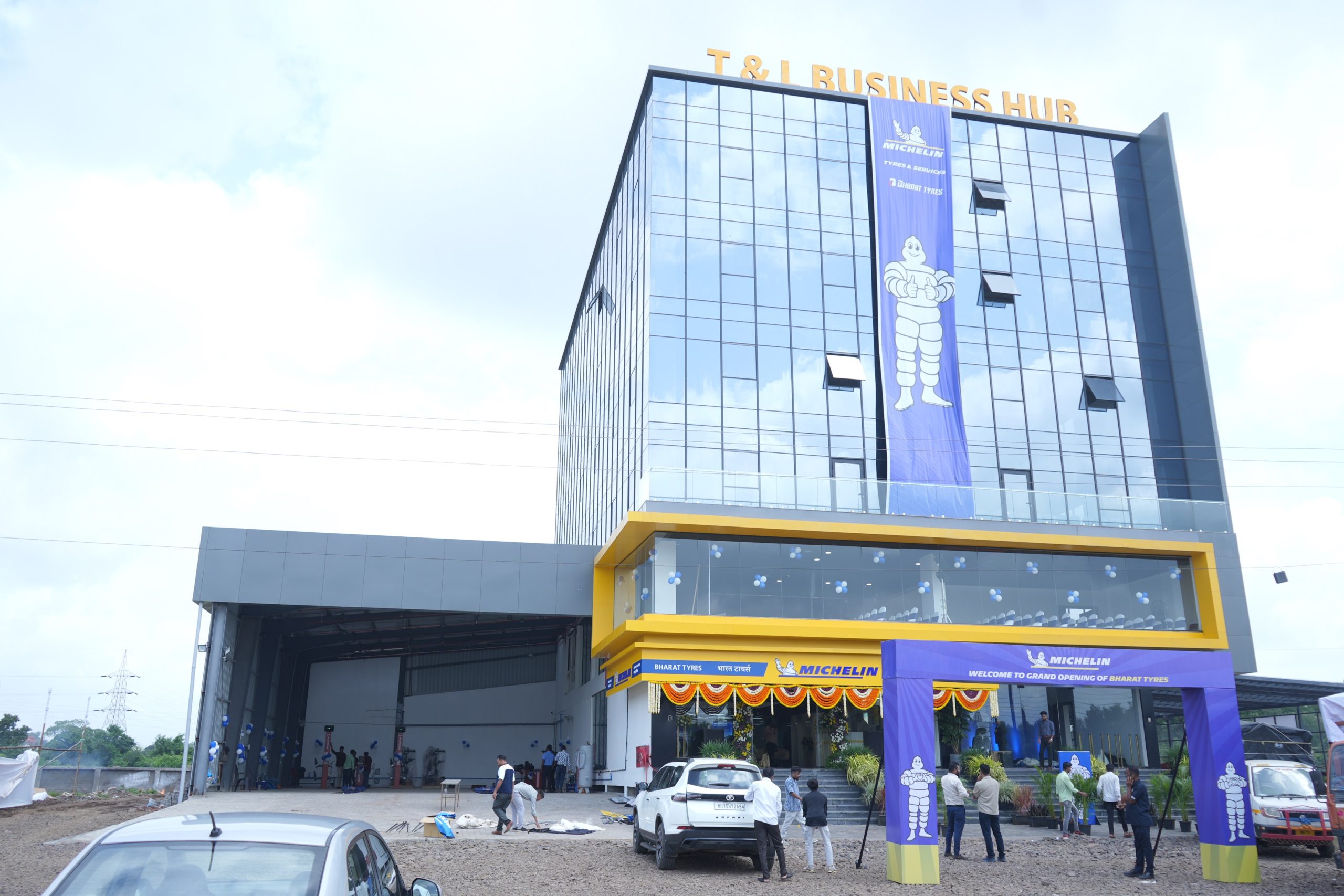
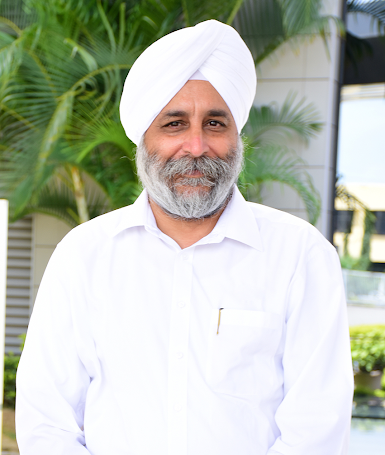
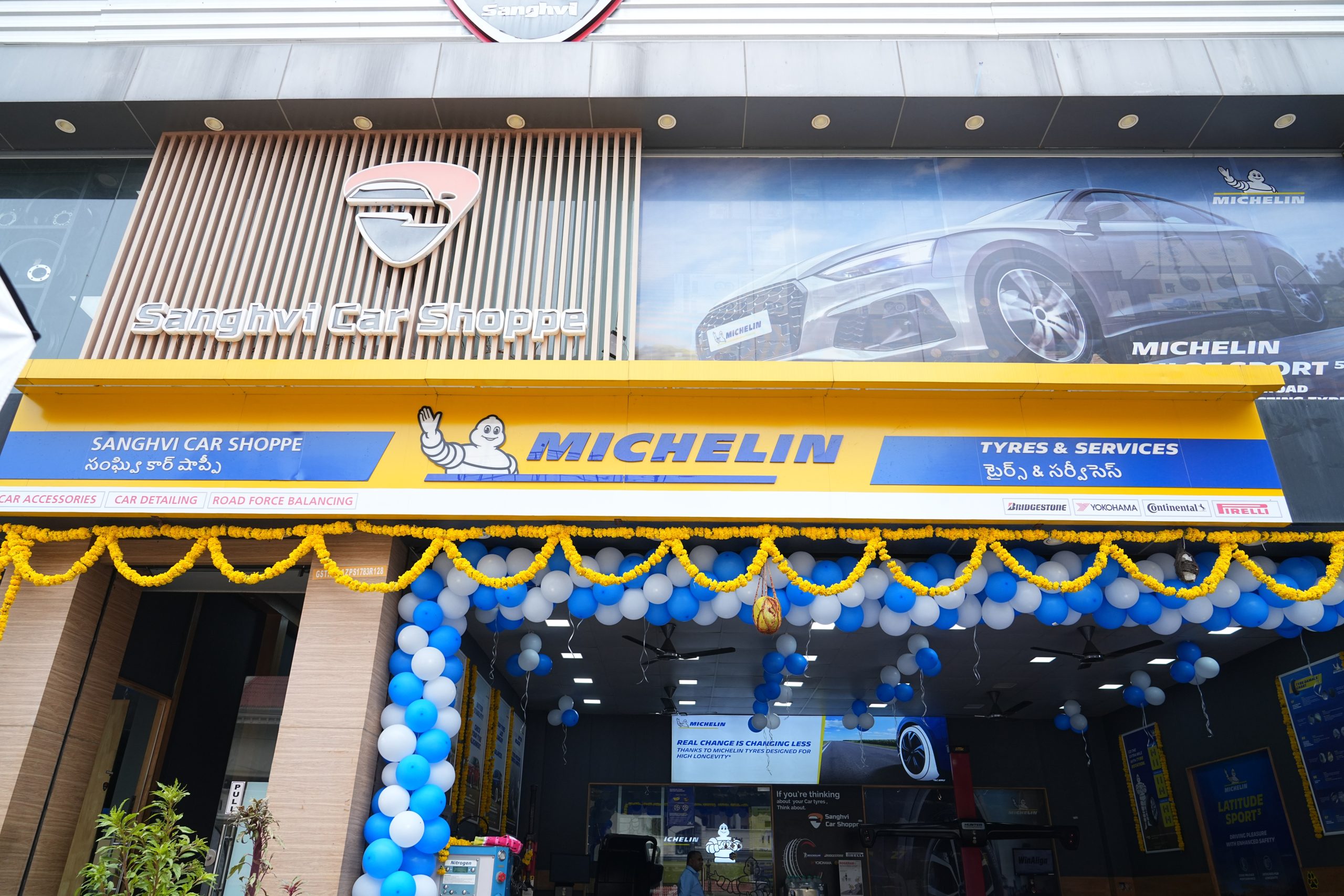
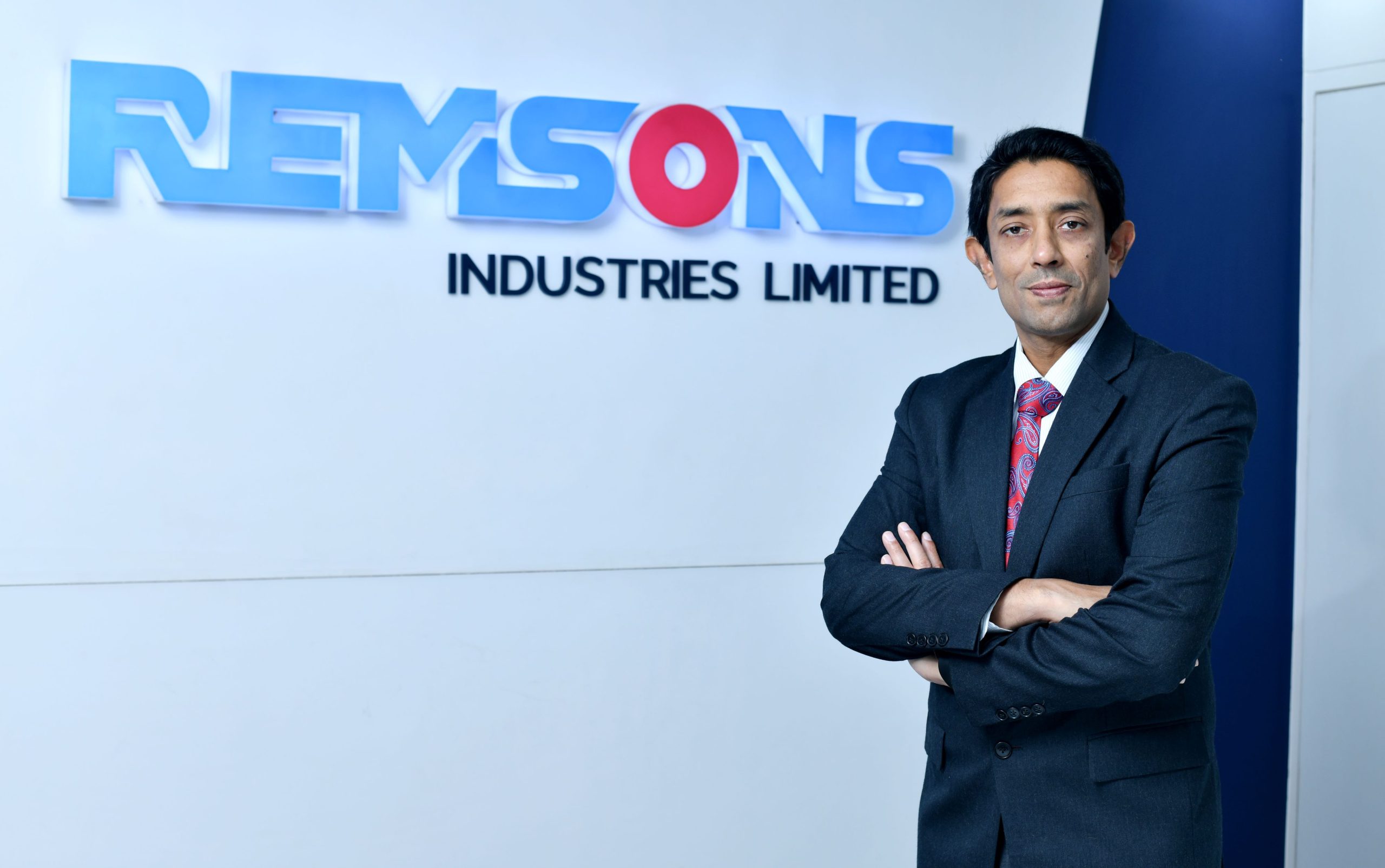
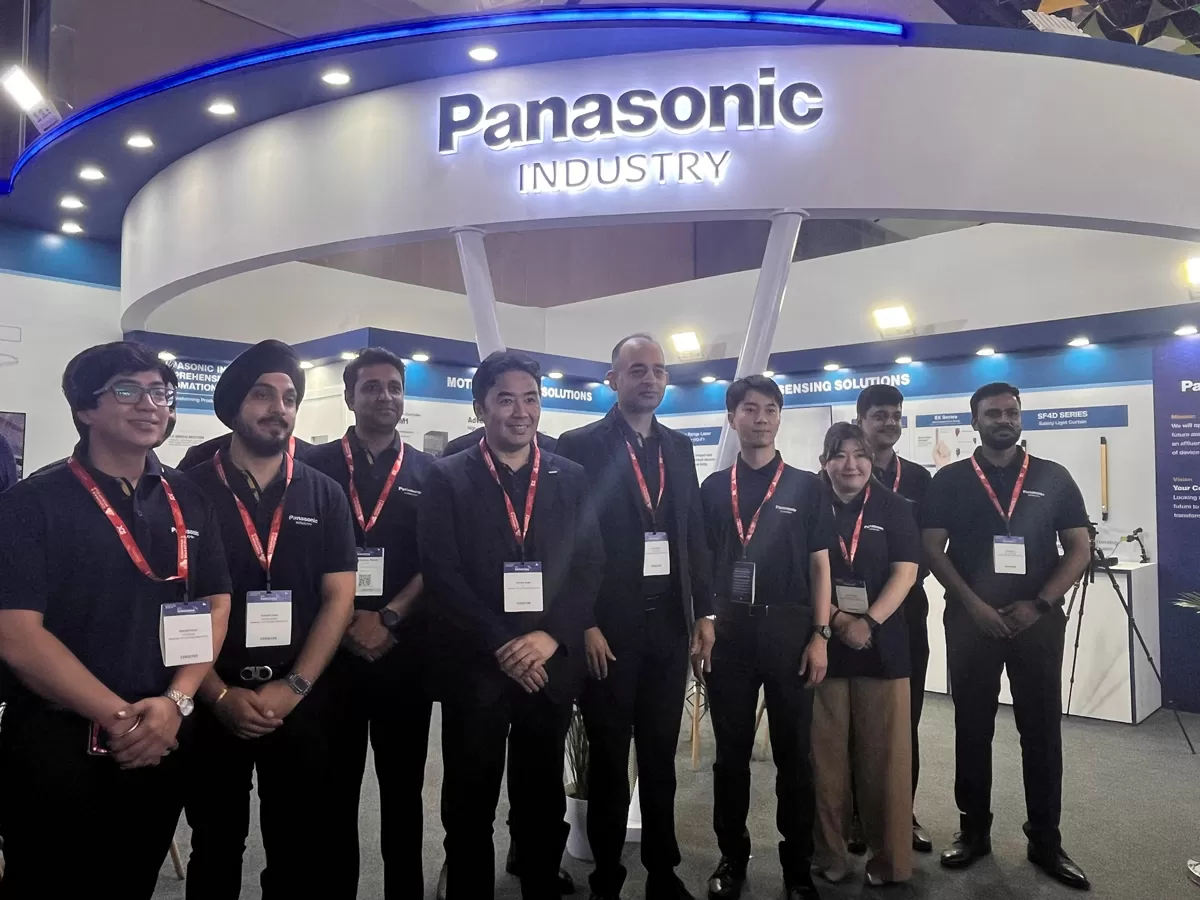
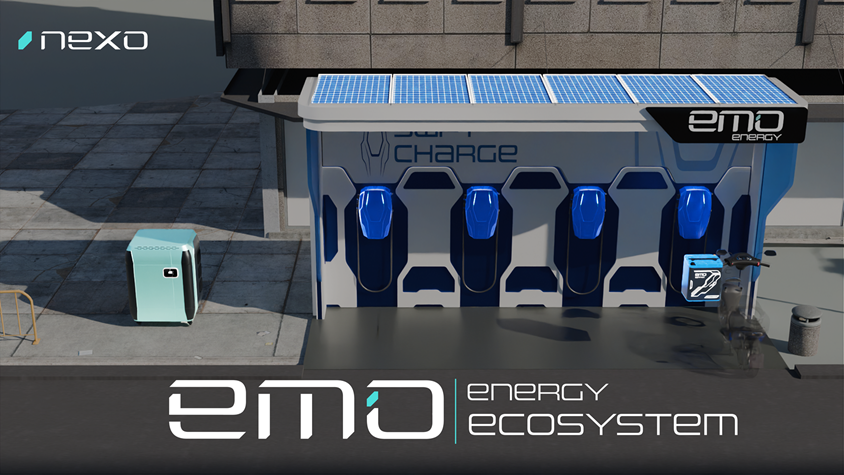
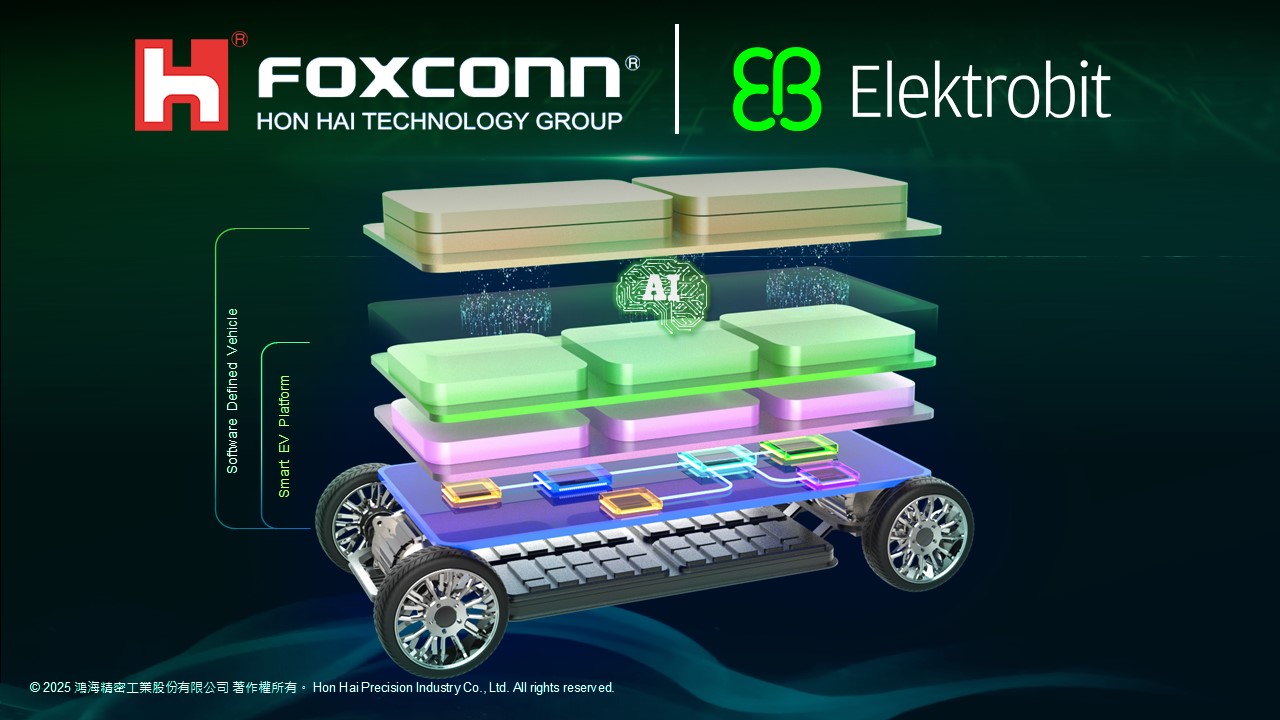
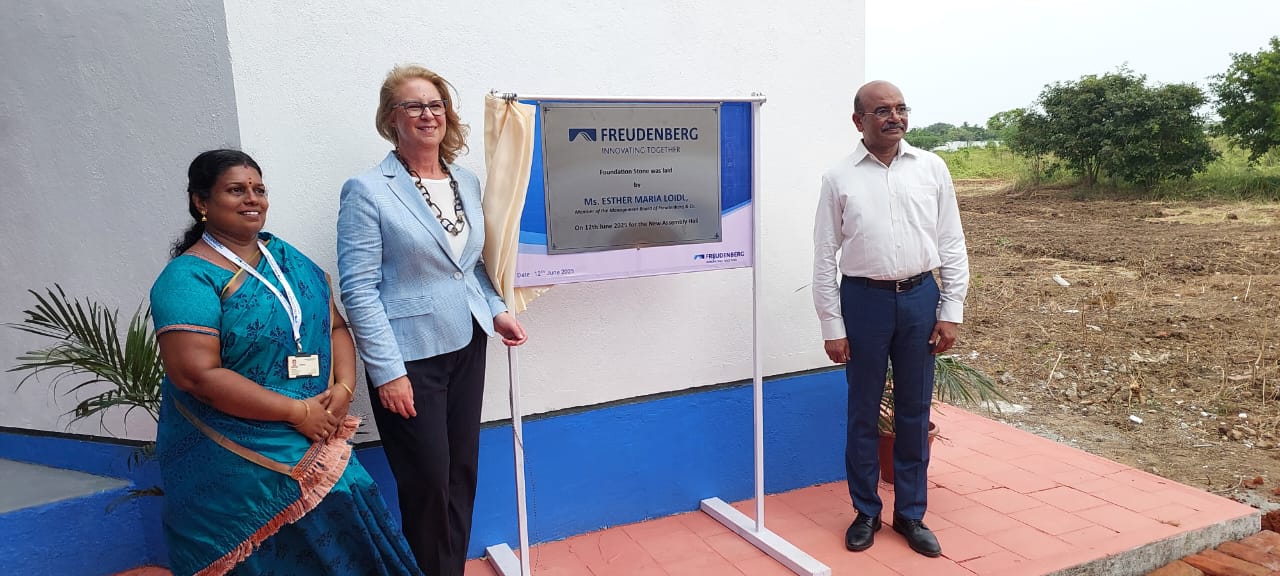
Leave a Reply